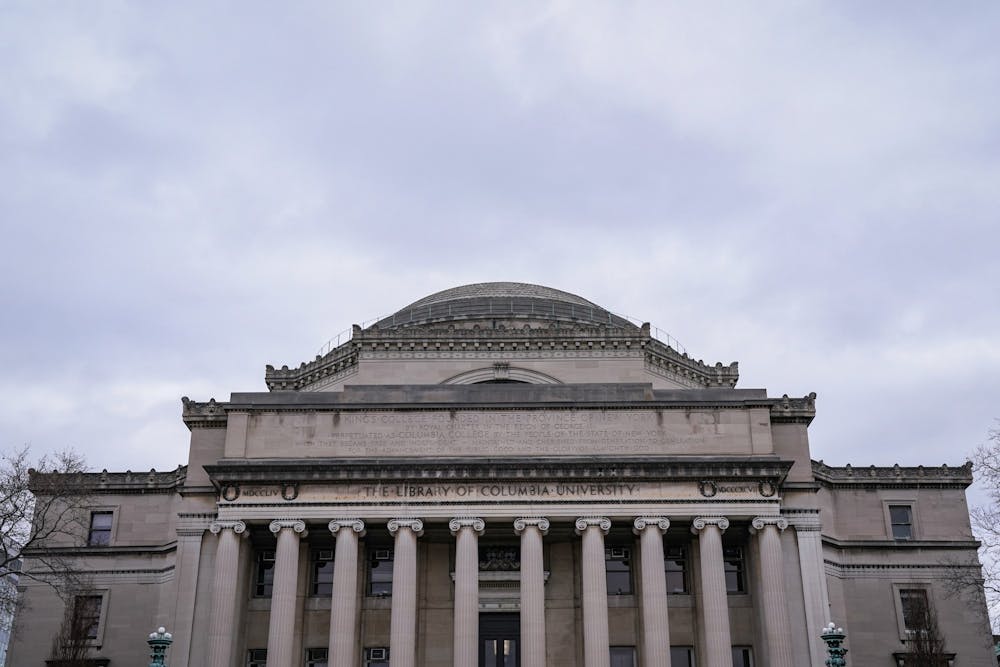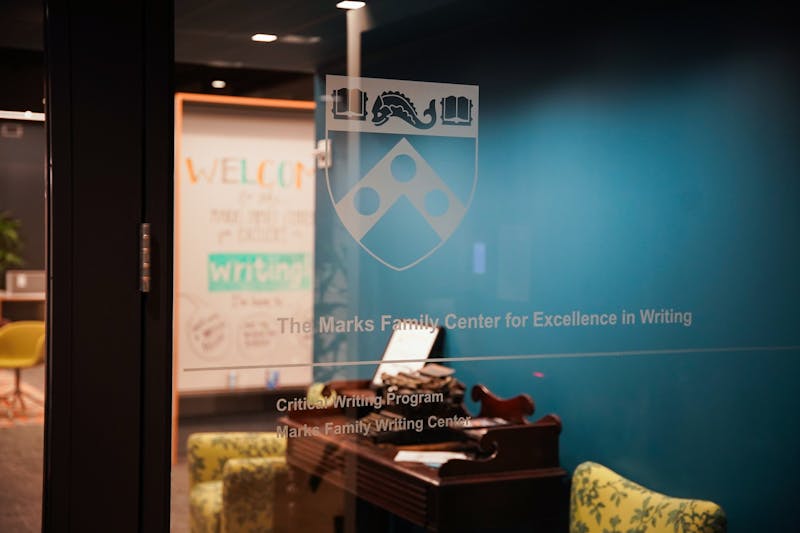
Students have filed a class action lawsuit against Columbia University, demanding refunds for tuition.
Credit: Chase SuttonAfter college campuses across the country shut down and shifted to online learning, students at some of Penn’s peer institutions began filing lawsuits against their schools to demand refunds for tuition and room and board.
Anastopoulo Law Firm, based in South Carolina, set up a website to afford students forced to leave their college campuses the opportunity to seek compensation. With their representation, students have filed class action lawsuits against Columbia University and Cornell University, as well as Penn's neighbor Drexel University.
Students represented by Anastopoulo Law Firm have filed lawsuits against other universities nationwide, including the University of North Carolina and Boston University.
"While some schools are talking about refunding room and board, few of these refunds have been processed to date," Anastopoulo Law Firm's College Refund 2020 page reads. "Students across the country are also demanding refunds for other fees and discounts on tuition. Very few schools are taking timely actions on these demands."
Columbia student Emmaline Bennett filed a class action lawsuit against the University in the Southern District of New York on April 23. The lawsuit argues that, since students paid tuition under the assumption that classes would be held in person, and there would be access to on-campus facilities, they should be refunded, Newswire reported.
“Such costs cover not just the academic instruction, but encompass an entirely different experience [than remote instruction],” the plaintiff wrote.
Another Columbia student, who chose to remain anonymous, filed a similar class action lawsuit demanding tuition refunds, citing decreased quality of instruction and lost networking opportunities.
On April 25, Cornell senior Alec Faber filed a similar class action lawsuit in the Northern District of New York against his University, seeking a refund of tuition and fees, according to The Cornell Sun.
As a student in Cornell’s College of Architecture, Art, and Planning, which usually relies on studio space and in-person instruction, Faber argued that tuition is paid in exchange for face-to-face instruction, facilities, and activities.
"Defendant has either refused to provide reimbursement for the tuition, meals, fees and other costs that Defendant is no longer providing, or has provided inadequate and/or arbitrary reimbursement," Faber's lawsuit reads.
Drexel student Grainger Rickenbaker brought a class action lawsuit against Drexel, arguing that the University is unable to deliver the quality of learning students paid for due to the transition to online classes.
The lawsuit reads that Drexel “has not delivered the services that [students] contracted and paid for.”
Penn announced it would offer pro-rated housing and dining reimbursements, but has not announced tuition refunds despite calls from students.
Update: Another student was originally listed in this article as a plaintiff alongside Emmaline Bennett in the class action suit against Columbia University; however, the student withdrew from the case on May 1 after it generated significant publicity.
The Daily Pennsylvanian is an independent, student-run newspaper. Please consider making a donation to support the coverage that shapes the University. Your generosity ensures a future of strong journalism at Penn.
Donate







